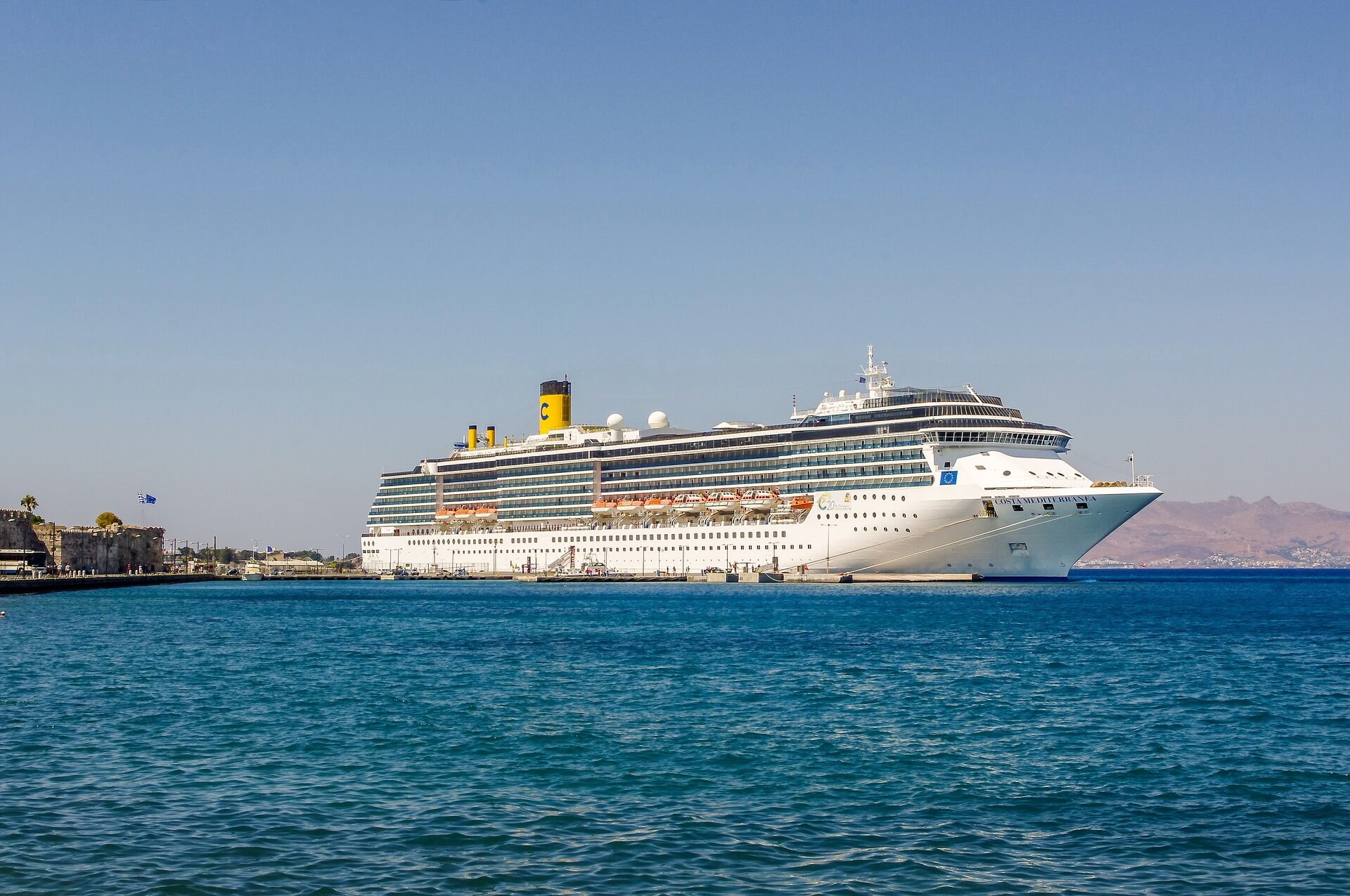What Happens If You’re Injured On A Cruise?
Here in West Virginia, we’ve had a tough winter. Mother Nature showed no mercy when she hit the Mid-Ohio Valley. It’s safe to say we’re all looking forward to spring, and that it’s time to start planning those early year vacations. For many people, this means taking a cruise this spring.
Cruises can be a lot of fun, but they aren’t without incident. Many news stories over the past 5 years have detailed a lot of the more dramatic accidents that have occurred on cruise ships. While those large-scale disasters are rare, it’s important to know what you should do if you’re injured on a cruise this year.

The Statute of Limitations is much different for a personal injury on a cruise.
Some people may worry that they can’t pursue legal action against a cruise line because of the disclaimer they sign when they purchase a ticket. However, a legal disclaimer isn’t going to prevent all legal action.
There is a difference between getting seasick on a cruise ship and receiving a physical injury due to negligence. Proving negligence is an important part of many personal injury claims, and the same is true when you’re injured on a cruise ship.
It’s important to keep the statute of limitations in mind when you’re injured on a cruise. Don’t put off filing a claim too long because it could hinder your case down the road.
There are some roadblocks while you are on a cruise because there is a good chance that you are far from home. Further, unless the injury is serious enough to require evacuation by helicopter, you’ll likely have to wait a while until the ship returns to port before you can do much.
However, the statute of limitations for most personal injury cases is two years. In cases against a cruise liner, you may only have one year to pursue a claim. The best advice is to pursue action as soon as possible. Additional advice:
Seek treatment. Most ships have some sort of medical staff on hand to treat passengers. It’s important to be treated as soon as possible. Treating on the ship is important, but so is treating once you’ve returned to land. If your port is far from your hometown, you may want to treat with a local facility and also follow up with your primary care physician.
Don’t forget to report the incident. This may be more difficult depending on the severity of the injury, but reporting the accident will help with your case. Failing to report the injury will likely work against you. A report will help prove where the injury occurred. If you don’t report it, the cruise line may argue that your injury occurred elsewhere.
Seek witnesses. Most people don’t go on cruises alone. However, if you do, or if your family is not around, you may want to try to find witnesses. You’ll want to get their contact information in case you need their testimony later.
Don’t settle. The cruise line may want to offer you a quick gift or a free cruise to keep you from pursuing legal action, but a severe injury is likely worth more than a free cruise. It may be tempting to accept the first offer, but it almost certainly won’t make up for years of pain and suffering.
Does it matter if the cruise line is owned by a foreign company? For the most part, this shouldn’t be an issue. However, every case is different, and it depends upon which country is the home base for the cruise company. Regardless, don’t let the foreign ownership keep you from pursuing a claim.
Cruises are a lot of fun, but they can be hazardous. Knowing what to do if you’re injured can prove beneficial. If you’ve been injured on a cruise, contact our Personal Injury Lawyer, call us today for a free consultation at our toll-free number is 1-877-526-3457. If you can’t talk now, fill out this form so that a member of our team can call you at a better time.
 Free Case Consultation
Free Case Consultation  Free Case Consultation
Free Case Consultation 


